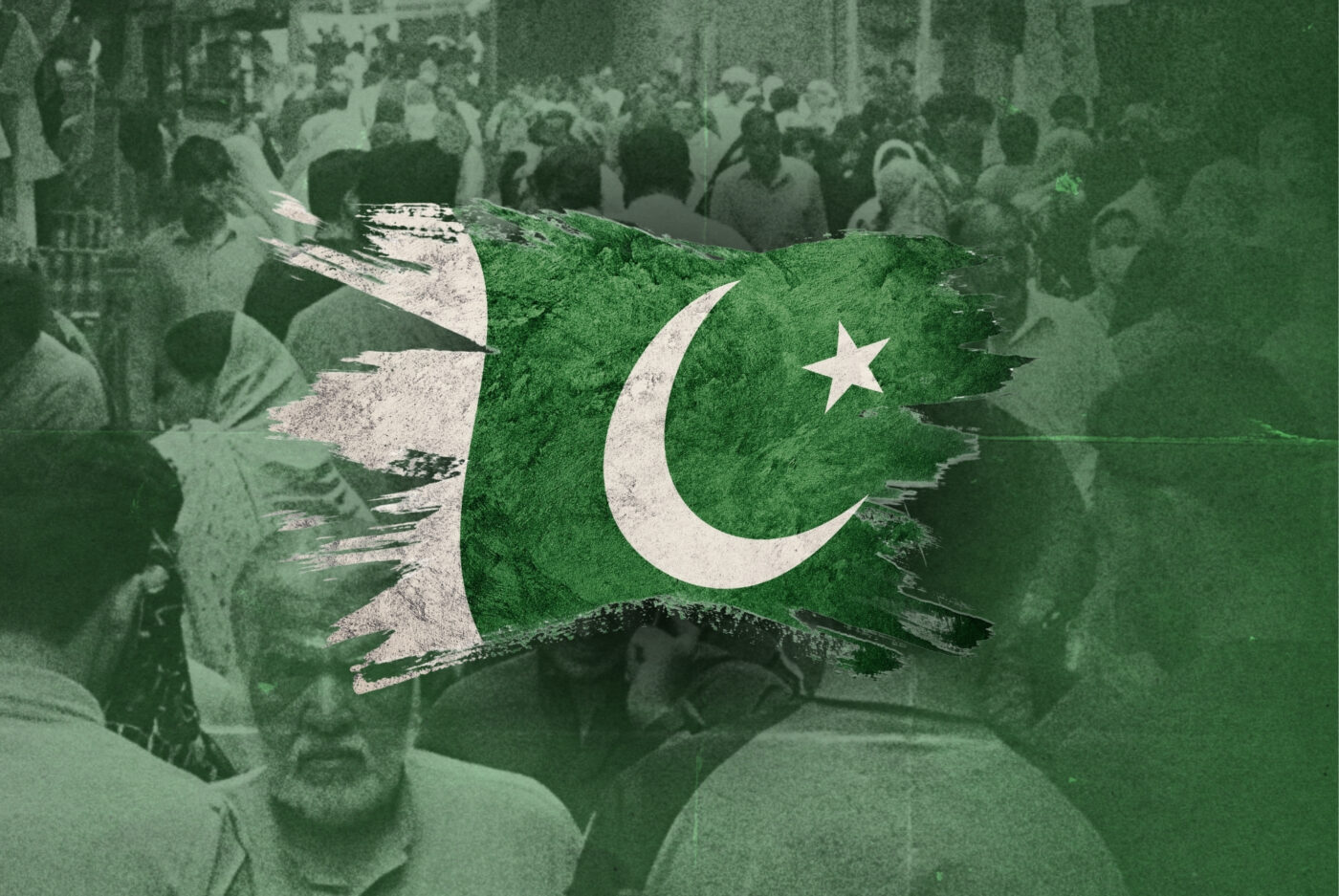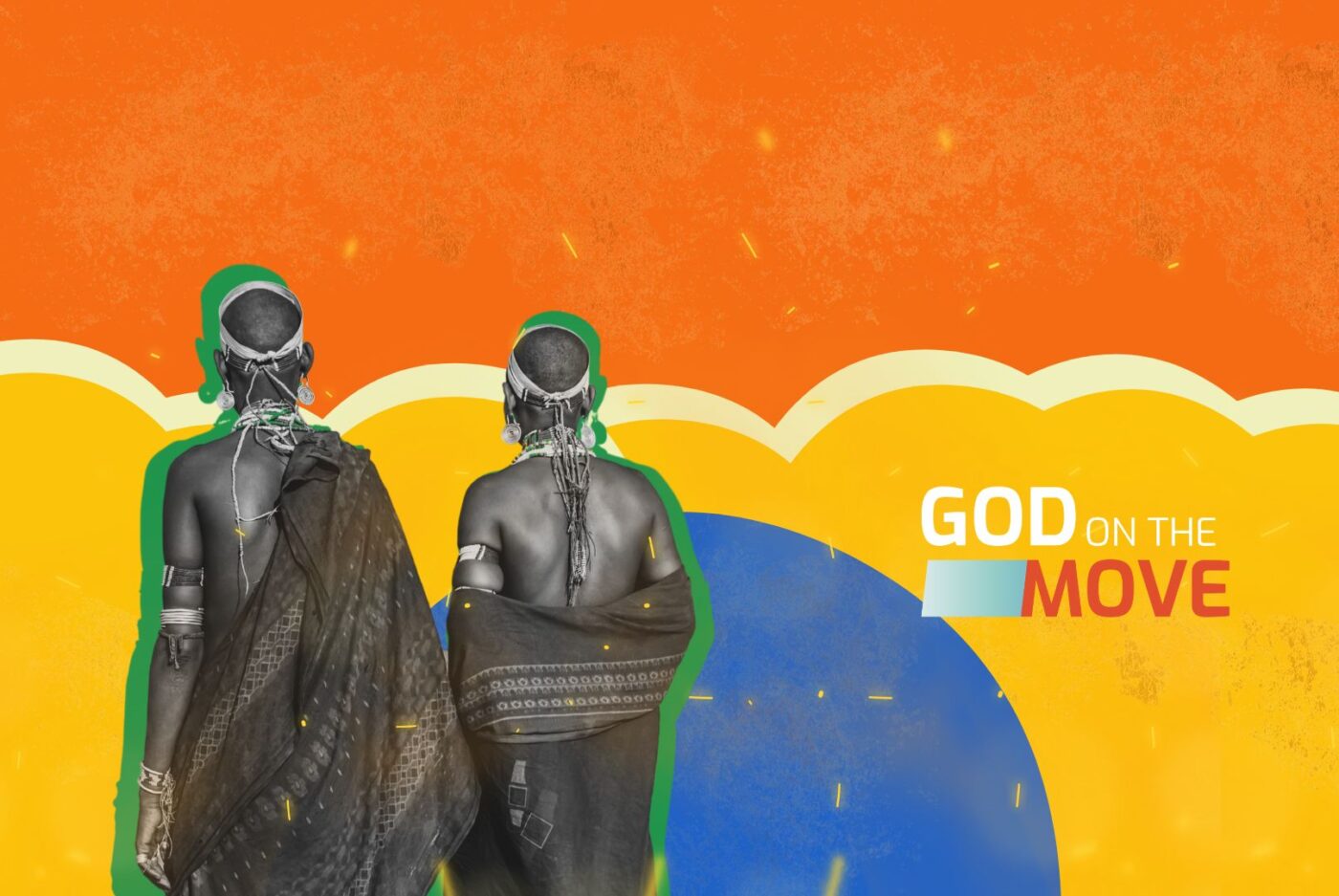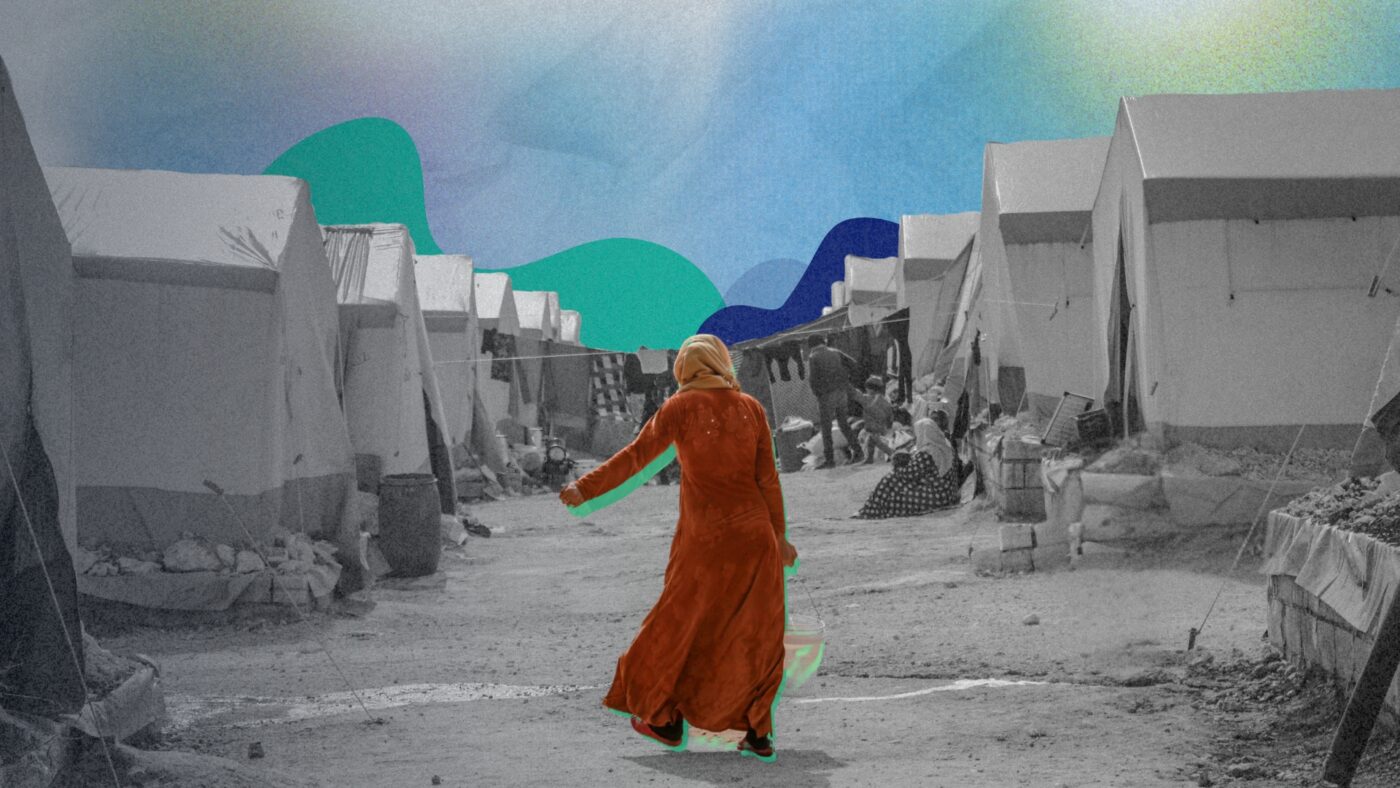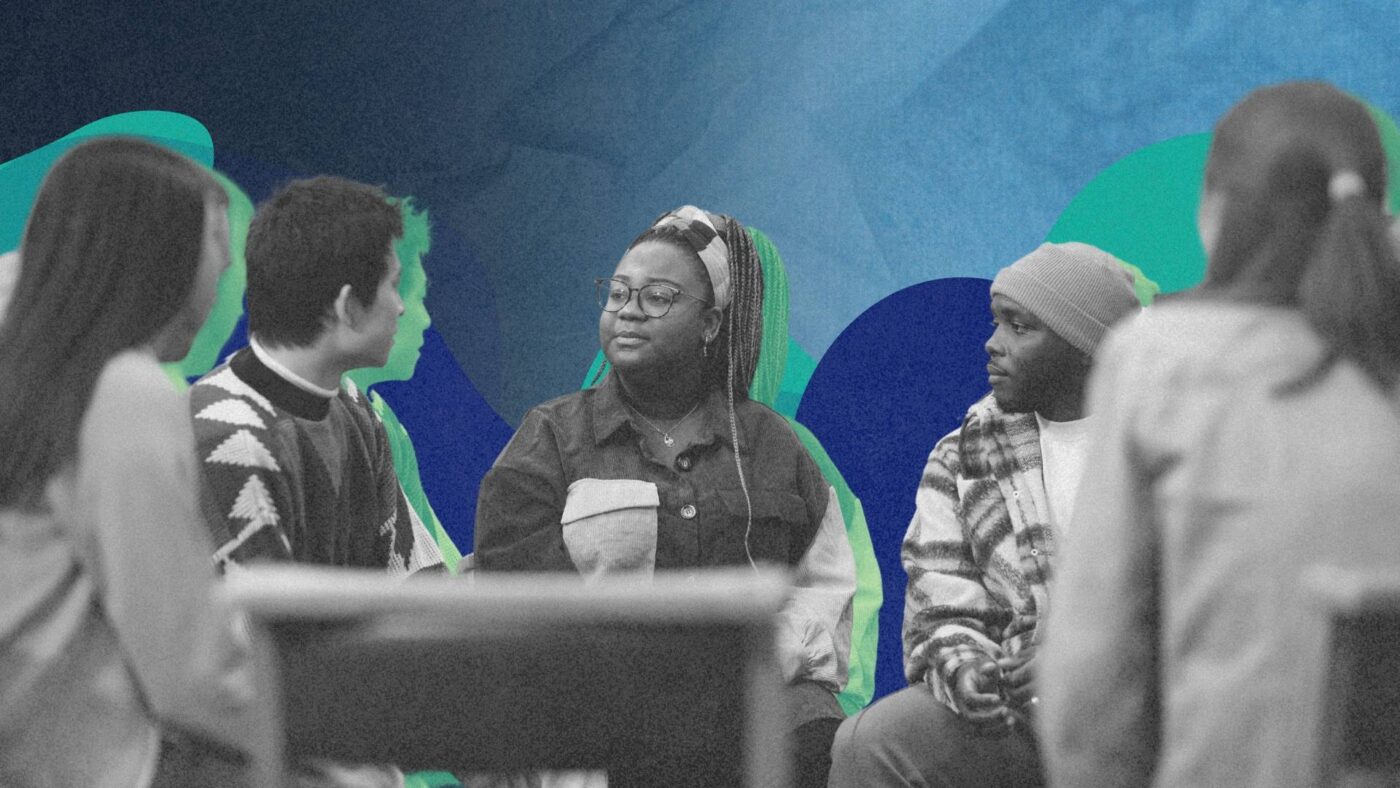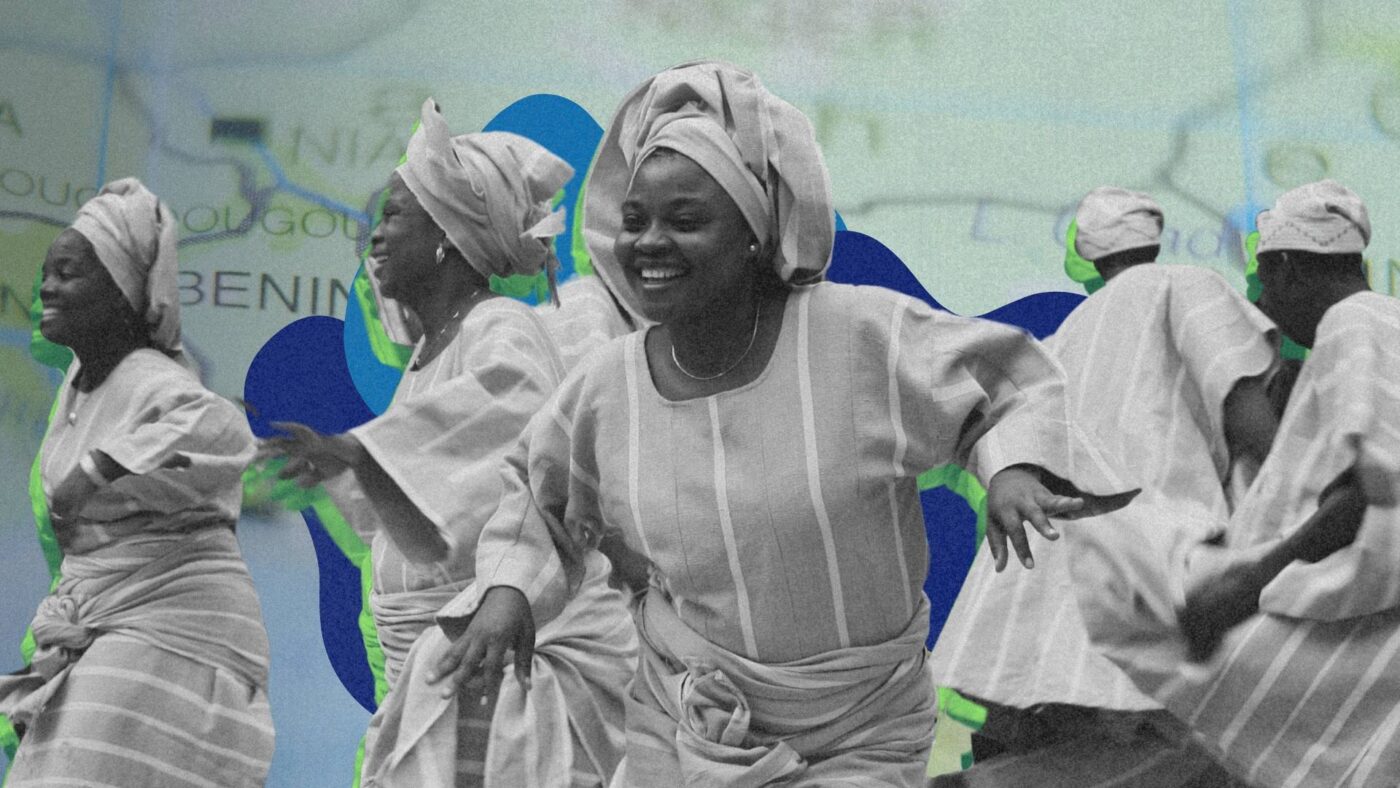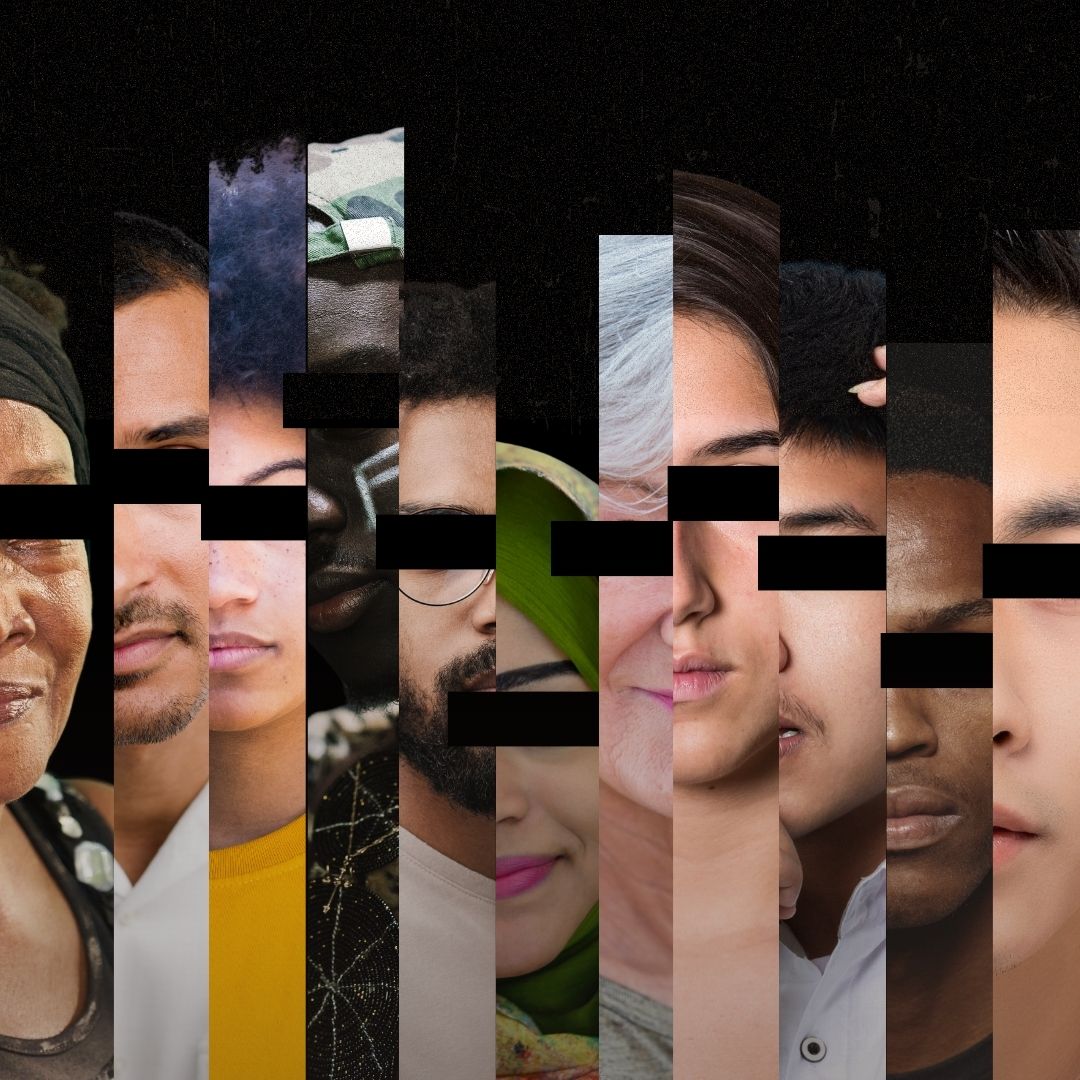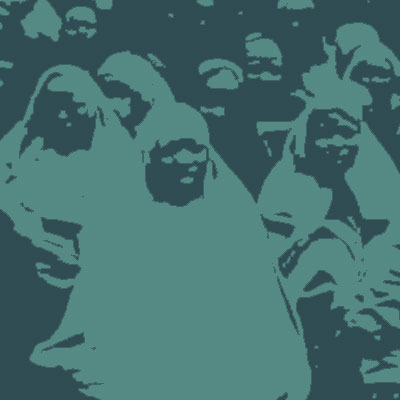Radical Politics
In the early ’90s, with the collapse of the Soviet system and its breakup into nation-states as drawn from the old maps, Francis Fukuyama announced that what we were seeing was ‘the end of history’. The great ideological battles were over, and all we were left with were boring technical questions on how to grow our economies. This pronouncement proved to be premature. Fast forward to the present, where we are seeing in Russia’s war against Ukraine the resurgence of autocracy and the scramble of Western powers to defend sovereignty and other such ideals of the ‘free world’. Global alignments are being re-figured, this time not just along the old ideological lines, but also along civilizational borders.
Culture is becoming a form of legitimation for countries becoming assertive about their newly awakened self-identity. China’s rise is fueled not just by its mammoth economy, but by its ancient self-identity as the Middle Kingdom and its desire to erase the history of its century of humiliation in the hands of Western powers. In light of this new world power alignment, the smaller South East Asian countries talk of ‘Asian values’ as being against criticisms of autocratic rule and pressures to interfere in the internal politics of strong-fisted member states. Pushback against democratization has intensified globally. This is due in part to disillusionment over democratic institutions rendered dysfunctional by systemic patterns of political behavior derived from colonial influence or sanctioned by religion. This socio-political trajectory of the world, born of the 1990’s, has spurred a new wave of radical politics.
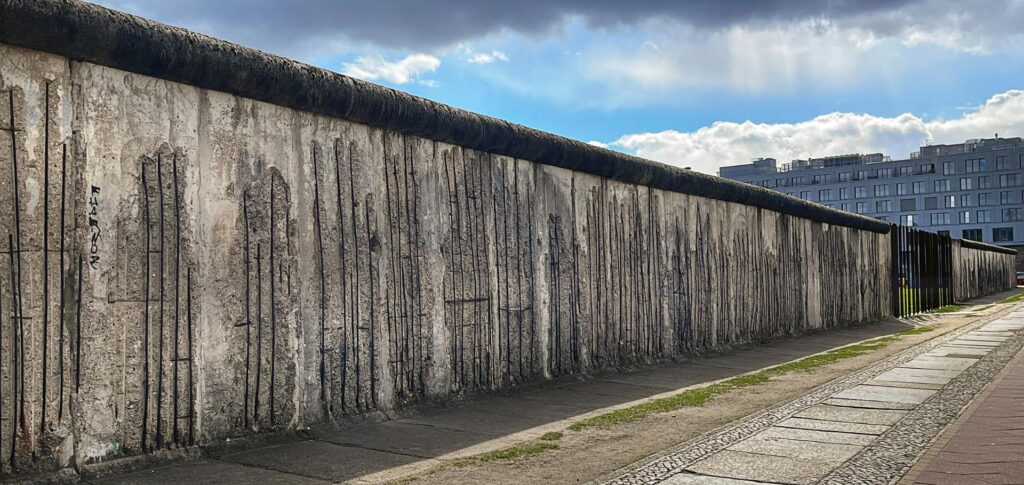
The Current and Potential Future of Radical Politics
Grounded in a critical examination of existing power systems, radical politics seeks transformative action and envisions a future with more equality and justice. One of the key demands of radicals is a reevaluation of exploitative and growth-oriented economic structures, which are seen as a cause of the crisis and as an engine of its perpetuation. It is essential to recognize and appreciate the boldness and courage behind such demands.1 On one hand, growing disillusionment with traditional political institutions can fuel the emergence of radical movements, highlighting the need for alternative approaches. On the other hand, polarization, social division, and the rise of populism can pose challenges to the traction and effectiveness of radical politics. Its critique and vision are shaped by the geopolitical and cultural context. Acknowledging the potential of and the obstacles faced by radical movements allows for a more nuanced understanding of their impact.2
The term ‘radicalism’ predates the term ‘extremism’, having been around for more than 200 years. It has a diverse history, although in recent times it has been associated with various leftist political ideologies. It is crucial to understand its broader historical context and its associations with ideals of individual and collective freedom, democracy, and social progress.3
Grounded in a critical examination of existing power systems, radical politics seeks transformative action and envisions a future with more equality and justice.
When it comes to religious radicalism, it is often portrayed in a negative light, characterized by violence, fanaticism, and perpetuation of patriarchy. There are, however, leftist religious forms of politics that have emerged. These include indigenous practices, peaceful campaigns against repressive regimes, and marginalized individuals negotiating alternative life-organizing narratives.4 By broadening the perspective of political discourse, the Western bias against religion can be challenged. This can bring us to a more comprehensive understanding of the intersection between religion and radical politics.5
In recent years, issues related to gender, race, class, native status, and the environment have gained prominence within the realm of identity politics.6 This shift in social focus has come at the price of economic and class issues, as radicalism reduces ethical questions to questions of power and equates victimhood with moral superiority. The emphasis on equality of outcome with a willingness to use force, while relying solely on ideology as a moral guide comes across as judgmental and censorious. This reminds us of the imperfectability of human justice regardless of the social form in which it is pursued,7 and that the core message of the gospel opposes any such idealism.
In the context mentioned above, radical politics asks probing questions. When it comes to answers, however, it cannot extricate itself from an idealism that is socially divisive and polarizing. Even more so, radical politics fails to realize or acknowledge the distinction between legitimate authority and corrupt uses of power. In the age of social media and digital communication, the challenges posed by echo chambers and filter bubbles enhance polarization and vindictiveness. The irony of this phenomena is that social media companies, by and large with leftist leanings, have amplified such issues while making enormous financial gains for the owners and shareholders.
In the age of social media and digital communication, the challenges posed by echo chambers and filter bubbles enhance polarization and vindictiveness.
Having in mind the above, while it is true that radical politics has historically played a crucial role in driving societal change and confronting oppressive systems, Tom Holland’s verdict on this phenomenon is sobering. He has shown that radicals carry Christian influences without knowing it. Feminism could not have found fertile ground to develop in a non-Christian environment.8 Various Marxist theories envision the classless society as an atheist fulfillment of Christian eschatology, thus including Marx in the long list of Christian heretics. In such a context, atheist philosopher John Gray describes liberal atheism that believes in humanist progress as a ‘late flower of the Jewish and Christian religion, and in the past most atheists have not been liberals’.9
In what follows we will address two groups of questions related to radical politics. Our responses will draw from the rich experience of South Asia and the Middle East. Special focus will be on the Christian expressions of principles of radical politics in Palestine.
Radical Politics and the Great Commission
Having in mind the aforementioned unique features of the Christian worldview, it is important to notice that while certain social, anthropological, and political phenomena could not have emerged in a non-Christian setting, it is these same phenomena that are used as critical tools to address and redress abuse of power within Christian structures. This ‘paradox’ has deep biblical roots. The Bible in general, and the prophetic books in particular, keep alerting us about idolatry, that is, the discrepancy between the nominal acknowledgment of God’s justice and the practical abuse of it.
In today’s world, that discrepancy is manifested through lack of congruence between the operative values—even in Christianized cultures—and the established structures of governance. As the Guatemalan sociologist Bernardo Arevalo put it, ‘We have the hardware of democracy, but the software of authoritarianism.’ In former European colonies the cult of the caudillo, of the mythic strongman, persists, thus perpetuating a major feature of the patriarchy. Radical politics is acutely alert to such occurrences. As a result, today we see the increasing ‘clash of civilizations’ that Huntington foresaw, largely unnoticed until the rise of political religions like Islam, and on a smaller scale the Religious Right in the US, waging a culture war against secular liberalism that has now polarized America.
The millions displaced by conflicts in failed states has inevitably led to massive migration, which in turn is causing a split between the citizenship rights of host cultures and the human rights of migrants. Trans-local churches, mosques, and temples have emerged from these people movements. They function not just as religious communities but also as social centers for their ethnic compatriots. They also pose a challenge to countries whose self-identity was built on the old idea of ‘Christendom’.10
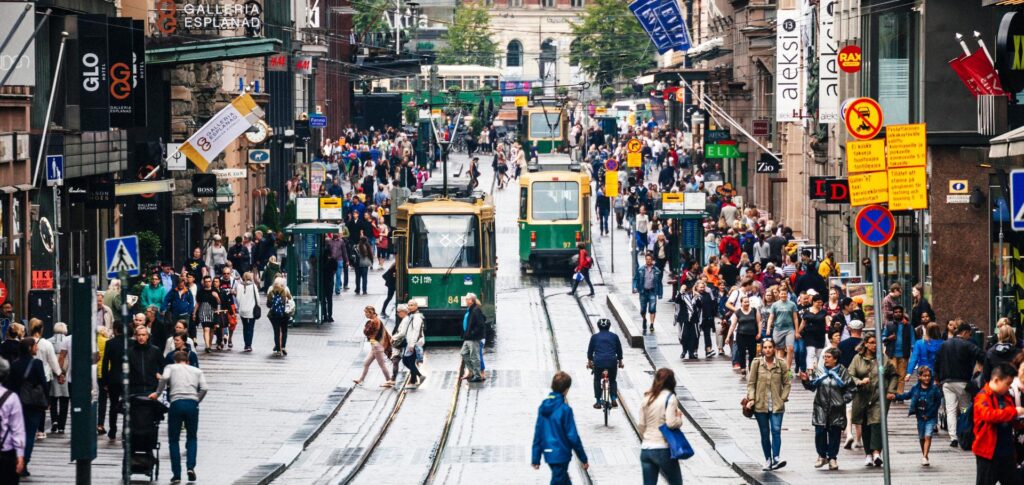
The Discipling of Nations
Now that we are face to face, coming from diverse cultures and political persuasions, how do we carry out the Great Commission?
First, we need reminding that the Great Commission is about discipling nations, not just individuals. The individualistic reading of Matthew 28 and many other parts of Scripture has meant that those of us who are recipients of theologies developed in the West have tended to gloss over the corporate nature of our witness.
‘Discipling nations’ means we engage the life systems—the structures and institutions by which we organize our societies’ common life—and turn them towards Christ. The great missiologist-historian Andrew Walls, in tracing Christianity’s leap from Judaism to inculturation into Greek thought forms, gives us a clue on how the Bible engages cultures and serves as a transforming element in the social fabric of nations:
The Word is to pass into all those distinctive ways of thought, those networks of kinship, those special ways of doing things, that give a nation its commonality, its coherence, its identity. [The Word] has to travel through the shared mental and moral processes of a community.11
What we are talking about here is not Christian Nationalism. It is the nurturing of what is called a ‘hermeneutical community’, those who, like the tribe of Issachar, can discern the times and guide the community on how the Word can make an answer or at least bring light to the many complex issues in the public square.
Witness, according to Paul, requires making ‘every thought captive to obey Christ’ (2 Cor 10:5). The failure to engage the thought life of societies with roots in Christianity has led to secularization.12 Such a failure is also the reason why Asian cultures continue to be resistant to the gospel, rooted as we are in rival religious traditions that are just as philosophically comprehensive as Christianity.
Although Peter Berger and his colleagues have written about the ‘desecularization of the world’, many of us still live in societies that have yet to secularize. The challenge for us is to engage our cultures outside of the usual meaning frames of theologies we have inherited from the West. In research done by scholars in the Philippines, it was found that while there has been a decline in such usual ritual indicators as church attendance among Catholics, who comprise about 82 percent of the population, many still pray—73.3 percent among those who are 18-24 years old, and 79.9 percent among those aged 25-39. What this tells us is that the younger generations remain religious, but not in the way institutional religion would have it.
The disillusionment lies in the lack of authenticity among adherents. Young people’s attitudes are summarized by the researcher as, ‘Right living is more important than right believing.’ Hence the preference for humanitarian service, like volunteering to help poor communities build their houses or rescue disaster victims, rather than just going to mass or even entering politics, which is seen as corrupt and largely lacking in impact.
New Wineskins
This brings us to the second imperative—the need to innovate new wineskins that will hold the ever-new wine of the gospel. We live in a time when the media and the market have replaced the church and even educational institutions in shaping what Jung calls the ‘collective unconscious’ of our peoples.
Note that the state and other such powerful institutions now have in their hands the technology to influence masses of people. It is not an accident that the first thing despots do to consolidate power is to muzzle the media or use it to spread disinformation. Propaganda thrives when diverse viewpoints are limited, and biased opinions prevail, posing significant challenges to fostering an informed and constructive society.13
What Paul calls ‘the prince of the power of the air’ (Eph 2:2) is most likely the demonic power that is now lodged and has entrenched itself in technologies that have power to spread and massify lies. In the same way that behind an evil government may be ‘principalities and powers’, media can be one of these structures that could be taken over by what Scripture calls ‘the powers’.
In the conflict of narratives, the church needs to insert itself into political space as a truth-telling presence. Artists and those in professions with power to communicate will need to be nurtured intentionally into biblical literacy so as to be able to create new icons—symbols that engage the public imagination creatively.14 Also, faith is now being practiced outside of the usual institutions. Virtual communities are being formed, driven by the need to connect somehow, especially in atomized societies. One research study tells us that young people are not so much looking for content—they can get that easily from the internet—but for connection.
In the conflict of narratives, the church needs to insert itself into political space as a truth-telling presence.
Towards a Christian Radical Politics
Radical politics from a Christian perspective refers to an approach that seeks to apply Christian teachings and values to political and social issues in a transformative and often unconventional way. Such an approach towards policy-making emphasizes the biblical call for justice and compassion towards the marginalized and oppressed. This includes addressing issues such as poverty, racism, gender-based discrimination and violence, systemic corruption, and other forms of social injustice. It often involves advocating for policies and practices that promote equality, fairness, and the dignity of all individuals.
Lessons from Palestine
As a Palestinian Christian, one author of this paper reflects on his own experience working with the Palestinian people in a context of conflict—a history of several wars and continuous atrocities being suffered due to Israeli occupation. Palestinians, including Palestinian Christians, experience various hardships and restrictions as a result of the conflict, such as movement restrictions, access to holy sites, and socio-economic challenges. The Palestinian church is caught in a hard intersection of radical politics, faith, and the Great Commission.
Within the Palestinian context, the evangelical church faces unique challenges and dynamics. The Israeli-Palestinian conflict and the complex political situation in the region have significant implications for the church and its members. In response, the Palestinian evangelical church seeks to serve its community by providing spiritual guidance, pastoral care, and support to its members. It also engages in various social and humanitarian activities, addressing the needs of Palestinians, regardless of their religious affiliation. This may include initiatives related to education, healthcare, poverty alleviation, and peace-building efforts.
The church often promotes a message of justice, reconciliation, and peace, seeking to bridge divides and promote understanding among different communities. Some Palestinian evangelicals engage in dialogue with Israeli Christians and international Christian organizations to address the conflict and advocate for a just and peaceful resolution. Many radical Christians adhere to the principle of nonviolence, drawing inspiration from Jesus’ teachings on love, forgiveness, and turning the other cheek. As costly as this can be, Bonhoeffer’s example and message still stands:
Christianity stands or falls with its revolutionary protest against violence, arbitrariness, and pride of power, and with its plea for the weak. Christians are doing too little to make these points clear. [. . .] Christendom adjusts itself far too easily to the worship of power. Christians should give more offense, shock the world far more, than they are doing now.15
Peaceful Resistance
This is never an easy calling. But according to Mubarak Awad,16 for Christians, this is what following Christ means. He says,
Many times, people will come to the Palestinian Center for the Study of Nonviolence and they would say, ‘The Israeli soldiers, the Israeli settlers came and uprooted all our olive trees that are hundreds of years old.’ And I said, ‘Okay, so what do you want me to do? Is it to find those trees and bring them back?’ They said, ‘No, we don’t know where they’re at.’ I said, ‘Okay, let’s get groups together. Let’s get even Israelis with us and let’s go.’ And they took 100 trees, 1,000 trees. We’ll plant 4,000 trees so that in years to come, we’ll have more trees than the original. And that’s how we start.’
Mubarak rejected the use of violence as a means to achieve political goals and instead promoted peaceful methods of resistance and change, to the point that he was called the ‘Palestinian Ghandi’. The importance of nonviolent methods to oppose violence cannot be overstated.
Radical Christian politics views creation care as a moral imperative. Millions suffer because we have not obeyed the cultural mandate, which tells us to steward the earth in such a way that populations are governed according to God’s purposes for society, and creation flourishes instead of becoming degraded. As in biblical times, showing radical faith in God requires today’s Christian believers to be prophetic voices challenging the dominant systems and structures of society. They must aim to speak truth to power and critique policies and practices that contradict their understanding of Christian values and teachings. As the poet T.S. Eliot once put it, preaching the Word must also mean it is ‘the Church’s business to interfere with the world’.17

Kingdom Values
Radical politics often emphasize social justice, equality, and the well-being of marginalized communities. Some individuals and churches see these values as an integral part of their faith and the call to fulfill the Great Commission. They believe that addressing systemic injustices is an essential aspect of following Jesus and spreading the gospel.
As mentioned above, one key kingdom value is nonviolence. Different perspectives exist on how these aspects can align or conflict with each other. ‘There is always an alternative. It doesn’t matter what is the conflict, what is the problem, you have to create an alternative.’18 This requires widespread—sometimes national or international—involvement without compromise on the truth of the gospel. It’s an opportunity to show solidarity.
Many radical political movements emphasize nonviolent activism and civil disobedience as the means by which to bring about change. Some Christian individuals and groups align with these movements, believing that nonviolent action is consistent with Jesus’ teachings on love, forgiveness, and turning the other cheek. They may see it as a way to advocate for justice while remaining faithful to the principles of their faith.
Conclusion
Ultimately, the intersection of radical politics, church, faith, and the Great Commission can be complex and nuanced. It depends on individual beliefs, interpretations of Scripture, and theological frameworks. Christians may hold diverse views on how their faith should inform their political engagement and the pursuit of social justice. Above all there should be a unifying body to gather all aspects and promote unity in the body of Christ.
But if the church wants to be relevant to the world we are living in, she has to become a prophetic voice and take a stand against injustices committed against people everywhere, even inside the church. Admittedly this is not always done. But when it is, it shows love to the people around us, so they may experience the love of Christ reflected in our passion and love for the nations.
Now more than ever, the church is being challenged to be truly herself, a community whose social behavior is such that it serves as a context in which the love and saving power of God is made visible. Like those of us who live in autocratic societies, the early church had no power to critique the authoritarian institutions that ruled over them. But their communities were transformed and adopted new patterns of culture, they eventually broke through barriers of class, race, and gender and inaugurated a new social ethic that contributed to the tearing down of Greco-Roman civilization. In this day and age, we can do the same as the Spirit leads us.
Endnotes
- Cf. Naomi Klein. This Changes Everything: Capitalism vs. The Climate (New York: Simon & Schuster, 2014).
- Cf. Chantal Mouffe. For a Left Populism (London: Verso, 2018).
- Astrid Bötticher. ‘Towards Academic Consensus Definitions of Radicalism and Extremism,’ Perspectives on Terrorism 11(4), 73-77. Accessed 9 June 2023. https://www.jstor.org/stable/26297886.
- Cf. Angela Davis. Freedom Is a Constant Struggle: Ferguson, Palestine, and the Foundations of a Movement (Chicago: Haymarket Books, 2016).
- Alexandre Christoyannopoulos and Anthony T. Fiscella. ‘Religious Radicalism,’ in Routledge Handbook of Radical Politics. Ed. Ruth Kinna and Uri Gordon (New York: Routledge, 2021), 492-509.
- Cf. Bell Hooks. Feminism Is for Everybody: Passionate Politics (Cambridge, UK: South End Press, 2000).
- Reinhold Niebuhr. Moral Man and Immoral Society: A Study in Ethics and Politics (Louisville, KY: Westminster John Knox Press, 2013), xxxiv.
- Tom Holland. Dominion: The Making of the Western Mind (London: Abacus, 2019), 516.
- John Gray. Seven Types of Atheism (London: Allen Lane, 2018), 1.
- Cf. note 5 above.
- Andrew F. Walls. The Missionary Movement in Christian History: Studies in the Transmission of Faith (Maryknoll, NY: Orbis Books, 1996).
- Thus fanning the emergence of movements with a radical political agenda.
- Cf. Timothy Snyder. On Tyranny: Twenty Lessons from the Twentieth Century (New York: Tim Duggan Books, 2017).14.Cf. Makoto Fujimura. Art and Faith: A Theology of Making (New Haven: Yale University Press, 2021).
